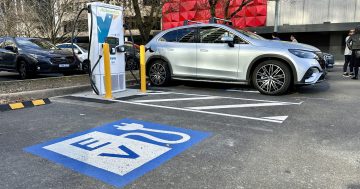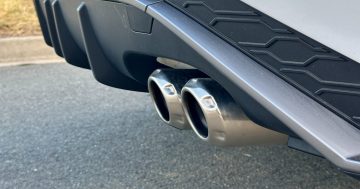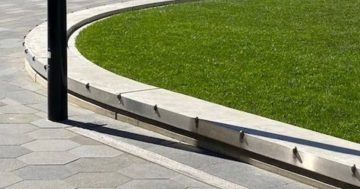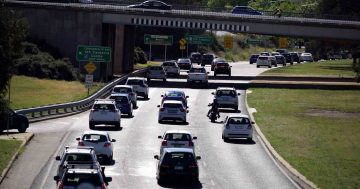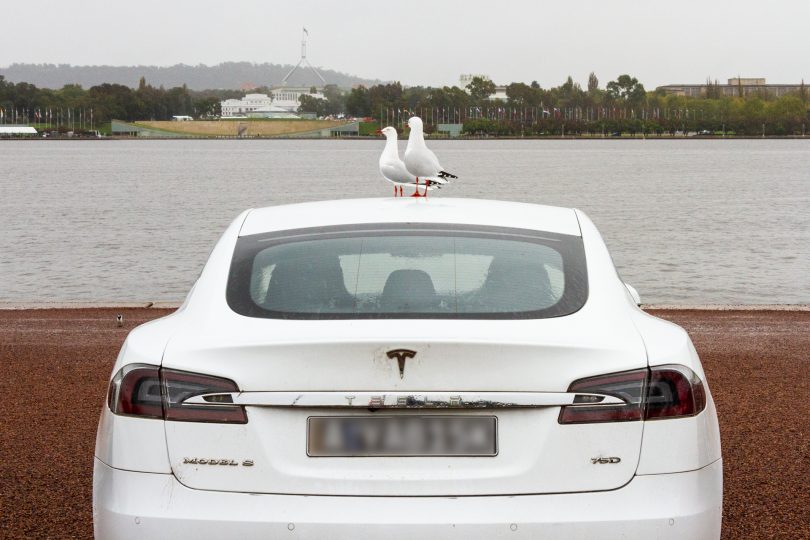
Only around 2000 EVs are registered in the ACT. Photo: James Coleman.
There are more than 2000 electric vehicles registered in the ACT, which still leaves at least 400,000 cars powered by fossil fuels. A new committee inquiry wants to discover why more people haven’t made the switch.
ACT Greens spokesperson for Transport, Active Travel and Road Safety Jo Clay announced the Inquiry into EV Vehicle Adoption in the ACT Legislative Assembly last week.
“We really want to hear from a broad range of stakeholders to find out the challenges and opportunities for Canberrans who want to switch to EVs,” she said.
The terms of reference for the inquiry focus on eight topics, ranging from charging infrastructure to assistance for people on low incomes.
“We look forward to hearing from as many people as possible about the barriers to uptake, possible incentives, ACT Government and private sector strategies, and guidance on transport infrastructure needs and planning for Canberra,” Ms Clay said.
The Committee invites submissions from industry groups, peak bodies, think tanks, academics, economists, unions and members of the public.
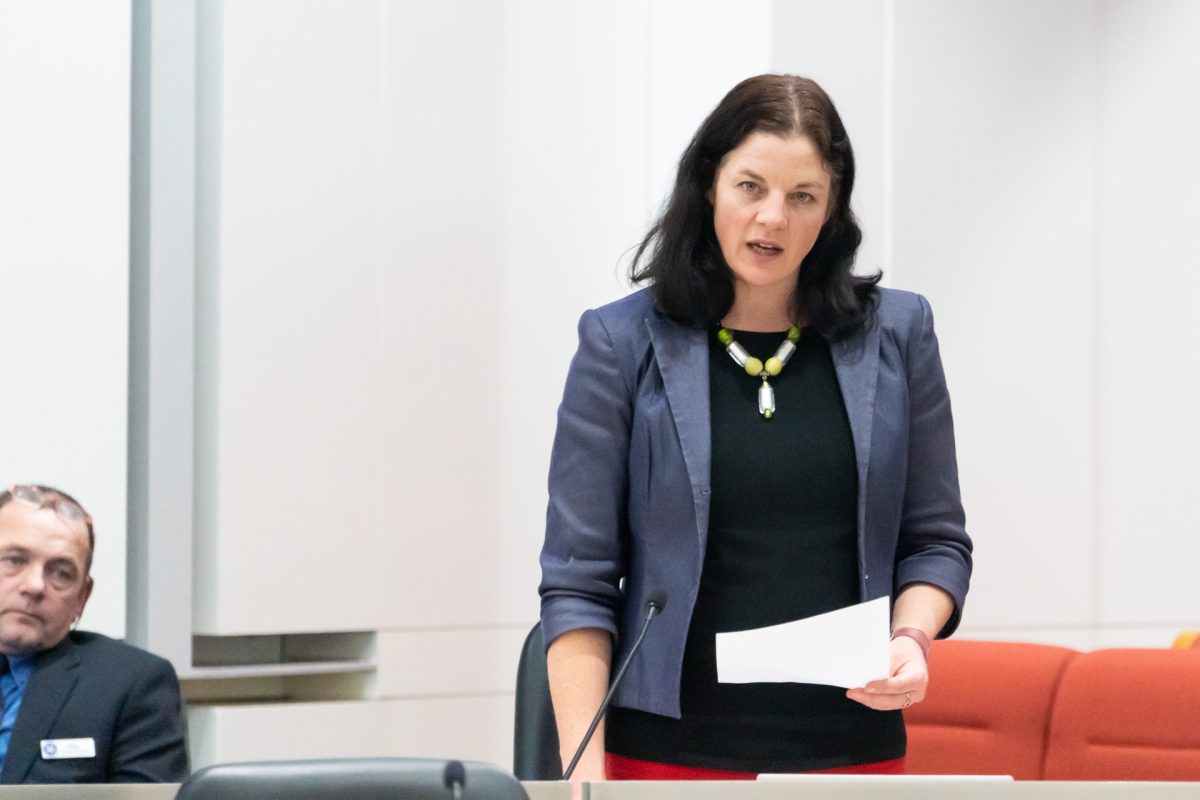
ACT Greens MLA Jo Clay announced the inquiry last week. Photo: Region Media.
Secretary of the ACT Branch of the Australian Electric Vehicle Association (AEVA), Warwick Cathro, welcomed the inquiry. Their submission will cover a range of issues, including supply chain bottlenecks, stamp duty on used EVs and purchase incentives.
“We also think the ACT Government should review the way it structures leases for EVs in the government fleet to see if it is possible to bring more used EVs onto the used car market sooner,” he said.
Upfront cost is considered one of the biggest hurdles to EV ownership. The best selling EV in the ACT is the Tesla Model 3, retailing from $63,900 while the cheapest is the MG ZS EV, starting from $46,990. Even with ACT Government incentives – zero stamp duty, two years’ free registration and an interest-free loan of $15,000 – they’re likely out of reach for people on low incomes.
Cheaper options on the used car market are few and far between, but even if there were more, it may not be ‘problem solved’.
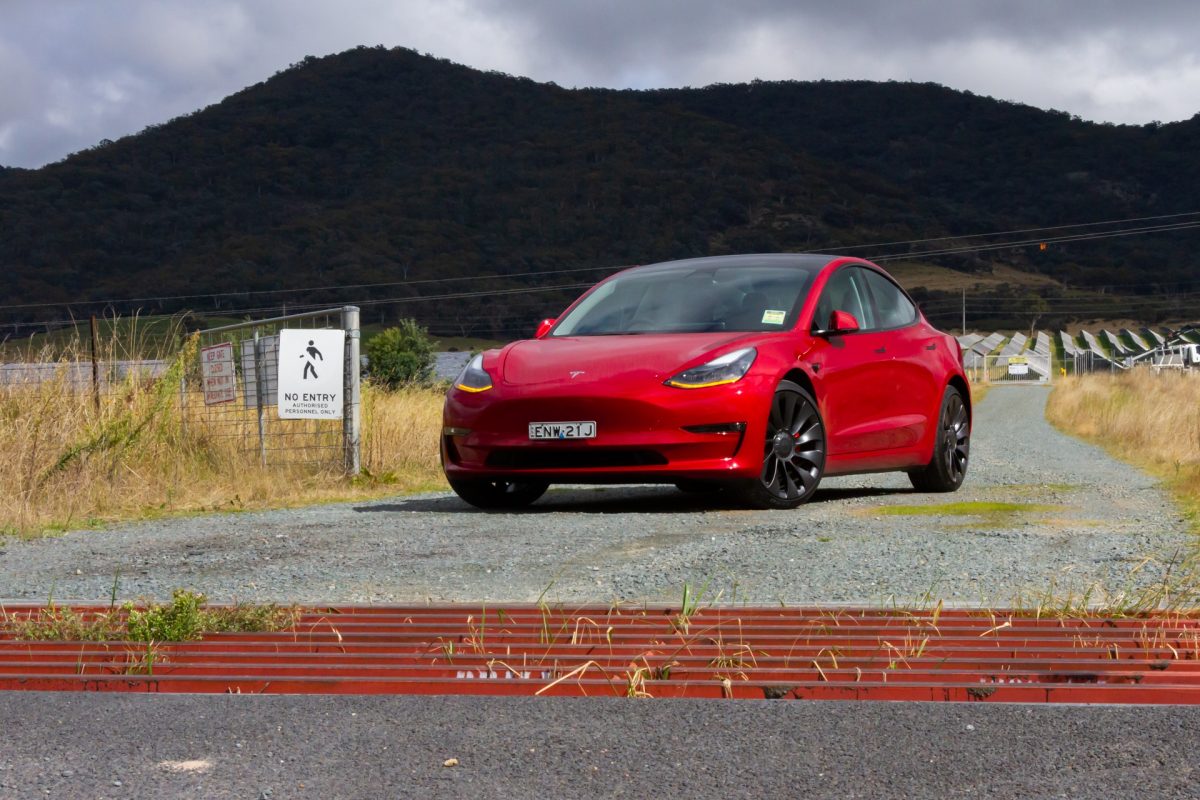
The Tesla Model 3, Canberra’s favourite EV. Photo: James Coleman.
Prices for used cars have jumped ever since car factories around the world were hit with forced shutdowns at the height of the pandemic and COVID-related staff absences, as well as the global semiconductor shortage. Wait times for new cars have blown out to as long as 18 months in some instances so customers have turned to the used market.
In Tesla’s case, COVID-19 lockdowns in their Shanghai factory mean that orders placed today are not due to arrive until February next year at the earliest, pending no further setbacks.
Range anxiety is another cause for concern among buyers. Mr Cathro said more charging stations will abate the fear of running out of juice by the side of the road and minimise the chance of all charging points being taken.
“It is important that the companies rolling out charging infrastructure with public funding be obligated to deliver on availability and other service levels,” he said.
“This is to increase public confidence in highway charging infrastructure.”
The ACT Government has dedicated $1.3 million towards the installation of 50 public charging stations. The shortlisted companies will begin construction once the grant papers are signed later this month.
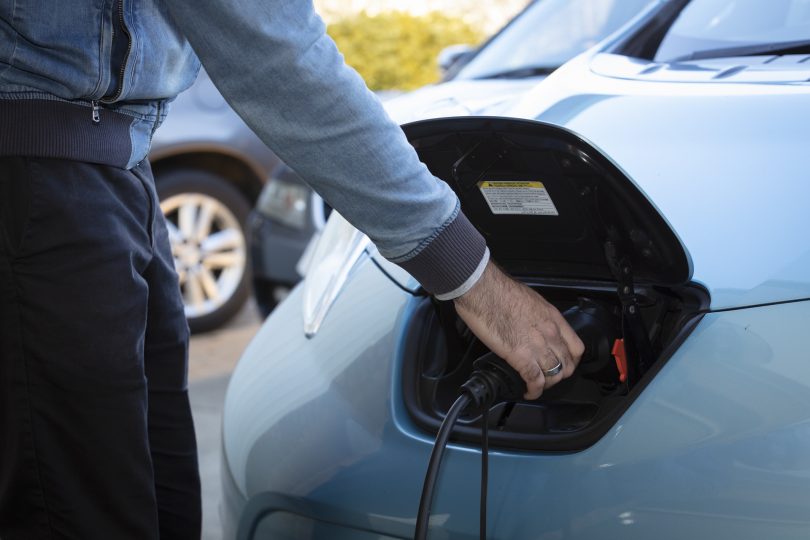
It does require a bit of planning to coordinate your car’s charging schedule. Photo: Thomas Lucraft.
Prime Minister Anthony Albanese has committed $39.3 million to building a national charging network, with stations at an average interval of 150 km on major roads.
He also promised to introduce an ‘electric car discount’. This will exempt many EVs from import tariffs and Fringe Benefits Tax, which should boost sales volumes and expand the used car market.
AEVA ACT is hosting an EV Experience Day on Sunday, 5 June, at the Knowles Place Car Park between 10 am and 2 pm, offering passenger rides in various EV models. There will also be a major EV Expo and Conference at EPIC in early August this year, drawing electric-powered transport options from across the country.
The Inquiry into EV Vehicle Adoption in the ACT is open for submissions online until 6 August.
Original Article published by James Coleman on Riotact.




